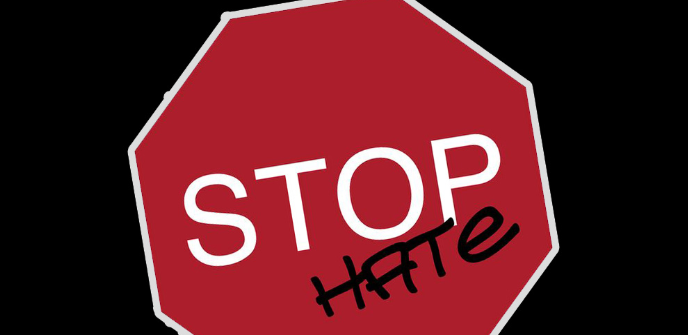Anti-racism & diversity resourcesOn May 25, 2020, George Floyd, a 46-year-old black man, was killed in Minneapolis, Minnesota, during an arrest for allegedly using a counterfeit bill. The killing drew an international spotlight on the issue of anti-black racism. It is incumbent on everyone to reflect on systemic discrimination and how we all can contribute to a better, more inclusive tomorrow.
Supporting diversity and inclusion, promoting pluralism, and responding to systemic discrimination have been long-standing priorities for me. One of the reasons I decided to become a journalist was to channel my student activism into a positive and creative response to the mental and emotional challenges of constantly reacting to demoralizing, and generally sad news related to the treatment of visible minorities and First Nations peoples in Canada. My late teens and early twenties were marked by the 1990 Gulf War; the 1990 Oka crisis; the 1995 Ipperwash crisis and the death of Dudley George; and the 1995 Gustafsen Lake standoff, as well as the numerous shooting deaths of Black men in Canada. These were political events that I struggled to understand as a young Canadian. Journalism gave me an opportunity to write about these issues. By the time I arrived in Egypt to start my career as an international correspondent in 2000, I quickly realized that I had taken freedom of expression and speech for granted in Canada, and that there were stark differences between the experiences of North Americans and the lives of people living in the Middle East. Little could I imagine the earthquake of the September 11, 2001 terrorist attacks in the U.S. and the war on terror which followed. I later joined the Canadian government as a political officer in the Foreign Service because, I felt I should be part of the process to change the Canadian government from within, and that at the minimum my presence inside the halls of power would have a positive impact by informing political leaders and decision makers with more diverse perspectives. Even today, I am encouraged to work within Global Affairs Canada on employment equity initiatives to ensure fair representation of visible minorities within the Canadian government. Below is a selection of resources on diversity and anti-racism issues in Canada. ARTICLES
PODCASTS
BOOKS
HOW TO START A CONVERSATION
Training options: Canada School of Public Service |
